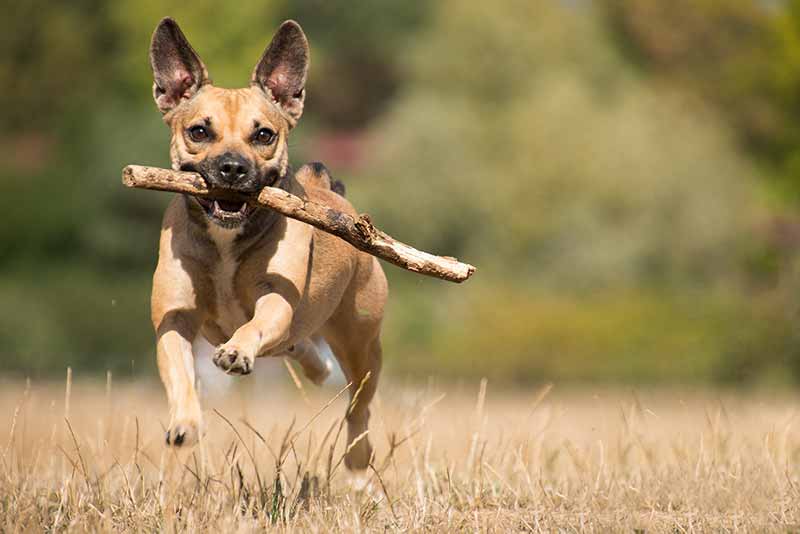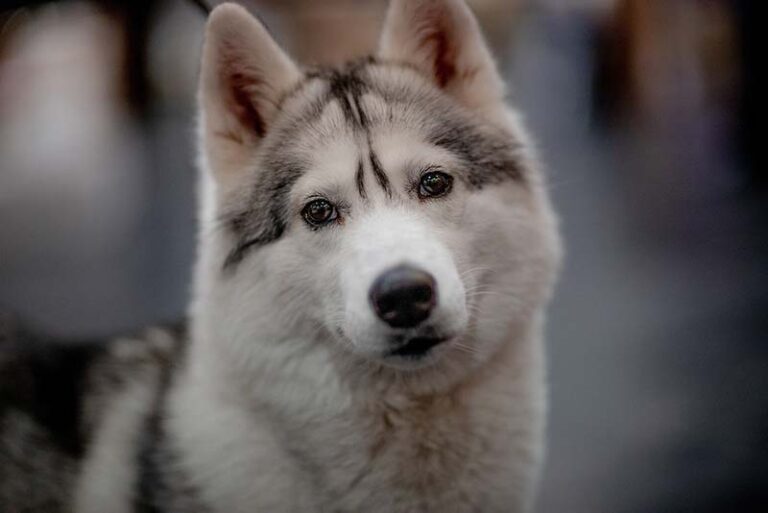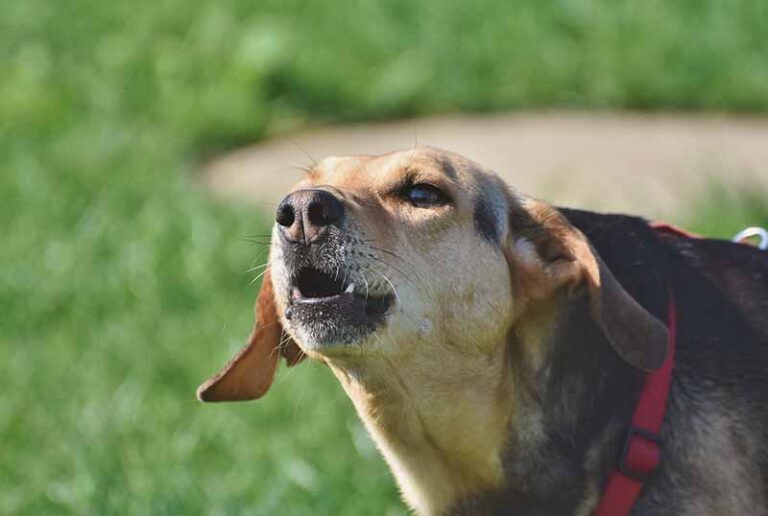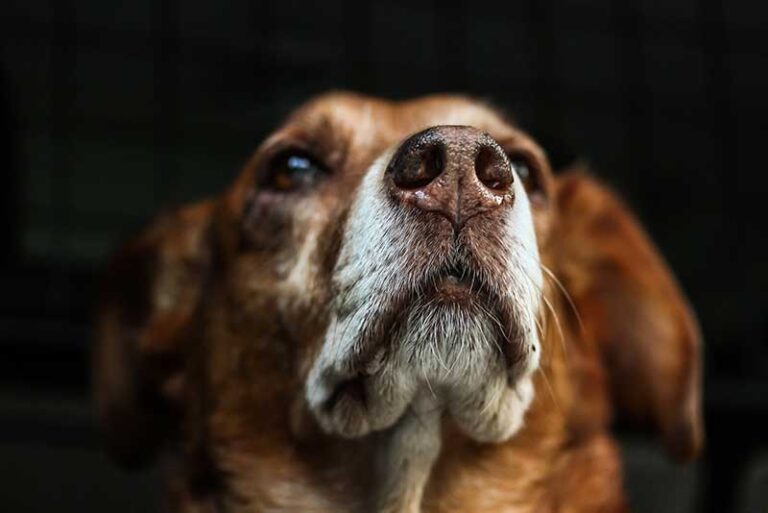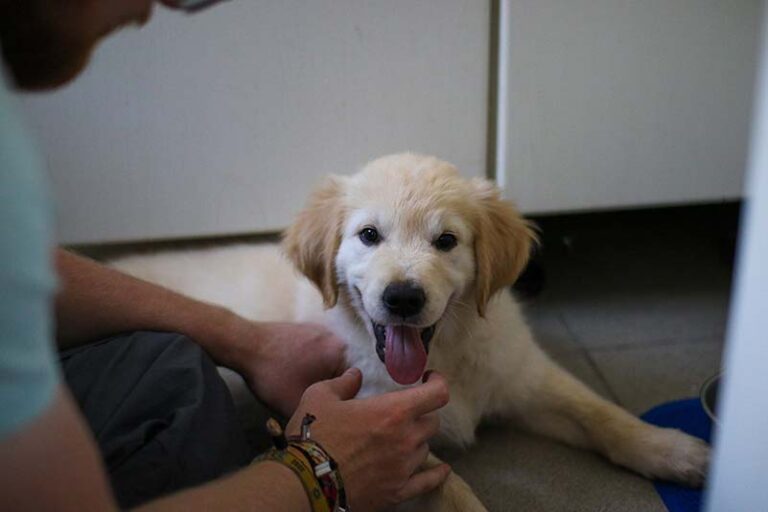How Does Hot Weather Affect Dogs? Things To Know!
Most of us prefer the warmth of the summer since it allows us to enjoy wonderful vacations filled with swimming, picnics, and sunbathing all day long on gorgeous beaches. But, how the hot weather affect our dogs; worth finding out, right?
However, when it comes to your furry pets, this feeling might be different. They might not enjoy the heat all that much.
In hot weather, your pets may even act oddly. Let us find out so we can help avoid and treat if your dogs are affected even slightly by the hot weather.
So, how does hot weather affect dogs? Since dogs are furry creatures, they feel more heat than we do. Hyperthermia, also called heat exhaustion, is pretty much popular among dogs in hot weather. So, playing outside under the harsh sun’s rays may not be an option for your dog.
How Does Hot Weather Affect Dogs?
Before we look at how hot weather affects dogs, it’s vital to comprehend how your dog’s body regulates temperature. A dog’s typical body temperature ranges from 101 to 102.5 degrees F, with an upper bound reaching close to 103 degrees F.
It is slightly higher than the average human temperature. It means that dogs would feel hot even though it may not be hot enough for us to feel warm.
The most common way that hot weather affects dogs is through heat exhaustion. Simply put, this condition, sometimes referred to as hyperthermia, occurs when your dog’s body temperature rises over normal levels and it becomes unable to regulate.
Even though this might be frightening, especially when it comes to severe heat exhaustion, it is always avoidable with the proper techniques.
For example, dogs try to avoid heat exhaustion on their own; panting greatly helps in this process and is comparable to how humans sweat after exhausting themselves in hot weather.
Another way hot weather affects dogs can be due to other factors, such as if the dog spends a long time outdoors in the sun or simply the humidity level.
Even if the dog pants, it won’t be much of a help when the humidity is too high. Dogs are unable to cool themselves in such conditions, and when the body temperature rises to abnormal levels, it can result in heat exhaustion.
When considering how does hot weather affect dogs, it’s also crucial to think about your dog’s breed.
In particular, this affects brachycephalic dog breeds like bulldogs, boxers, pugs, and Shih Tzus. Since these dogs can’t efficiently release heat by panting due to their short snouts, and narrow windpipes, more caution should be used when managing them in hot weather.
Additionally, if your dog has a thick coat, it might feel more at ease in hot weather with shorter trims. Your dog’s health is also important; hot temperatures can harm dogs with heart disorders, kidney problems, and obesity.
How Can You Know The Hot Weather Affects Dogs?
Below are some indications to look out for if you are always wondering how hot weather affects dogs.
- Heavy panting is one of the first indications that your dog is affected by the hot weather. This can be accompanied by breathing that sounds like they have just had a strenuous run.
- Heavy drooling can also be a sign; if your dog is drooling in an unusual way than you usually see, along with thicker and sticky saliva, this indicates that your dog is affected by hot weather.
- Although a dog’s heart beats more slowly in ambient temperatures, it is not like that in hot weather; you will notice a faster heartbeat that indicates your dog is pushing hot blood away from essential organs and toward the legs.
- Lethargic behavior such as sleeping more, not walking as usual, or trying to avoid playtime might be another indication that your dog is hot.
- Your dog can also be dehydrated, and in severe conditions, this may be accompanied by vomiting, nausea, not being able to walk properly due to poor balance, or diarrhea.
How Do Dogs Behave In Hot Weather?
During hot weather, your dog may behave oddly. For instance, they might not be energetic and may not enjoy going for walks. It is because moving about can make them feel hot and uncomfortable.
Your dogs may also be exhibiting less appetite as a result of their reduced activity level in the hot weather. Another reason a canine may not be as hungry is the hormonal changes brought on by the hot weather.
So, don’t be surprised if your dog skips meals in hot weather since it can reduce the metabolism of animals.
You may have already remarked that your dog tends to become aggressive when it’s hot outside. Your dog could bark at friends and relatives as well as strangers. Should your dog attempt to bite them, this might become a problem.
In fact, a team of researchers in Beijing, China, discovered that the number of visits to the emergency room for dog attacks in hospitals rose during the warmest months of the year!
Now you know how does hot weather affect dogs. But what can you do to make your dog more comfortable during the hot weather?
- Do not walk your dog during the hottest hours of the day. Preferably, it can be early mornings or late evenings.
- Whenever you are walking outside with your dog, especially with ones having white-colored ears and short noses, you should take great care as they are more prone to skin cancer and breathing problems.
- Ensure your pet dog always has access to drinking water and a cool place to sleep at home.
- You can allow your dog to rest during the hot weather on a wet cloth.
- If you don’t have air conditioning, turn your fan on so your dog can enjoy the cool breezes it gives.
- Depending on the fur coat type your dog has, you might also want to think about trimming it in the warmer months.
- Dog bandanas and cooling garments are also readily available. There are several choices, some of which are stimulated by water, mimic sweating, and so cool your dog.
Thank you for reading this post. Stay tuned with Jack Russell Owner for more interesting posts about your pet friend.

